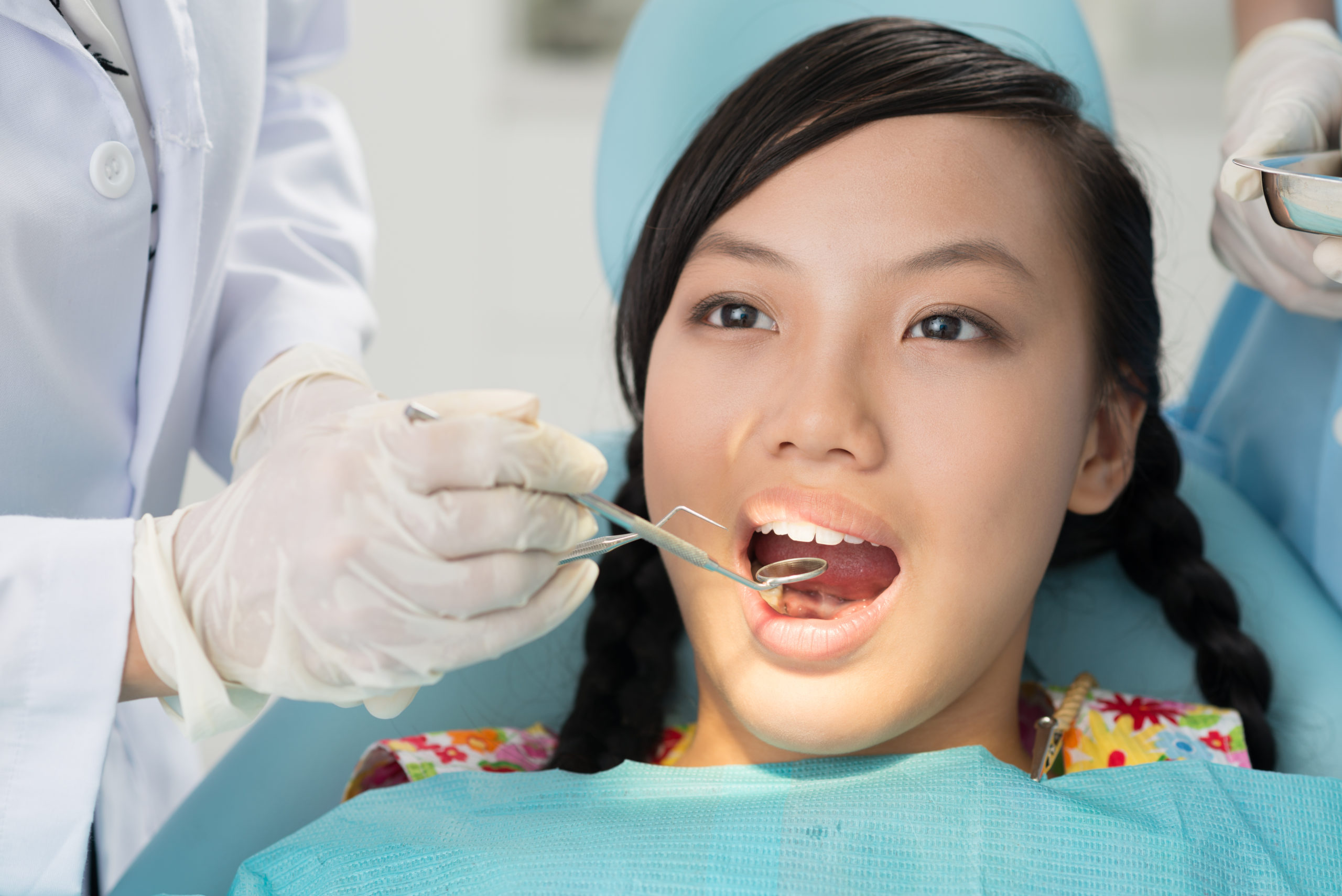
We have become aware of the mind-body connection. This connection is a two-way street. What affects our body can have a direct impact on our brain and our emotions. Conversely, if we are upset, depressed, or anxious this will manifest in pathology in our body. This interplay is clearly seen with respect to our oral and mental health.
People who demonstrate poor oral hygiene will no doubt have bad breath, bleeding gums, and decayed and yellow teeth. The beauty and symmetry of their smile will be destroyed. This condition will lead to low self-esteem, depression, and social anxiety. In patients who are diagnosed with anxiety, panic attacks, depression, eating disorders (bulimia), obsessive-compulsive disorder, self-harm, schizophrenia, and psychosis; it is difficult for them to brush, floss, and eat in a healthy manner. Neglect and sugar take over leading to severe dental infections.
Common Dental Issues Associated with Mental Health
People with mental health problems will present with the following problems
- Caries (cavities)
- Periodontal disease
- Grinding (bruxism) is seen in patients with anxiety
- Reduced saliva flow is seen in patients on antidepressant medication.
- Wearing away of enamel and gums by brushing too hard and too often in patients with bipolar disorder
People with good oral hygiene can prevent systemic disease. The mouth is a gateway to the rest of the body, i.e. brain, heart, lungs, and pancreas. If we eliminate the disease in the mouth, particularly infection, the chances of being healthy are greatly increased.
Good Oral Hygiene Leads to Positive Results
- Reduced risk of cardiovascular disease
- Reduced risk of dementia and Alzheimer’s Disease
- Reduced blood sugar spikes and the onset of diabetes
- Lower risk of developing kidney disease
- Less joint inflammation-Rheumatoid Arthritis
- Decrease risk of cancer – especially blood dyscrasias
- Improved fertility – gum disease can lead to swings in estrogen and progesterone, which in turn can lead to premature babies and or babies with low birth weights.
- Improved sexual performance – oral bacteria can cause inflammation in blood vessels which can lead to erectile dysfunction and low blood flow to the genitals
Etiology of How Oral Infections Affect Different Parts of Our Body
The biggest and most common problem in the mouth is periodontal disease. Periodontal disease occurs when food debris and bacteria form plaque. Plaque can harden and form a substance known as calculus (tartar). This foreign body oozing with bacteria causes the gums to initially get puffy, bleed, swell and become infected with pus production. These oral bacteria have been demonstrated to show up in vital parts of our body causing disease. They are carried through saliva, blood, and lymph. The bacteria can release poisonous substances called exotoxins and endotoxins. Endotoxins from lipopolysaccharides are extremely dangerous. They are found in Alzheimer’s Disease and coronary artery disease.
Bacteria found in periodontal disease (Gram-negative bacteria).
- Actinobacillus
- Actinomycetemcomitans
- Porphyromonas Gingivalis
- Bacteroides Forsythus
Oral Bacteria is found in the plaque (amyloid) in Alzheimer’s disease. The plaque destroys the neurons which lead to memory loss and dementia.
- Porphyromonas Gingivalis
Oral Bacteria found in Coronary Artery Disease contribute to plaque formation and blockage of arteries leading to heart attacks and strokes.
- Chlamydia pneumoniae
- Helicobacter Pylori
Oral Bacteria is found to contribute to Type II Diabetes and increased blood glucose levels. Bacteria cause inflammation and infection leading to spikes in blood sugar levels.
- Staphylococcus Aureus
Importance of Good Oral Health
- A healthy mouth will be part of the mosaic to having a healthy life. We can help avoid heart disease, dementia, and diabetes simply by maintaining proper oral hygiene.
- Brush teeth 2x daily for two minutes with a small soft toothbrush
- Floss 1x daily before going to bed
- Use a non-abrasive fluoride toothpaste (i.e. Sensodyne)
- Greatly reduce sugar intake in your diet
- Come to 172 NYC Dental 2x yearly for check-ups and cleaning
Visit 172 NYC Dental
We at 172 NYC Dental stand ready to keep your smile beautiful and functional. As we do so, we will be helping you maintain your total mental and physical well-being. Our motto is that we treat people not only their teeth. Call us at 646-921-5541 to make an appointment today!








